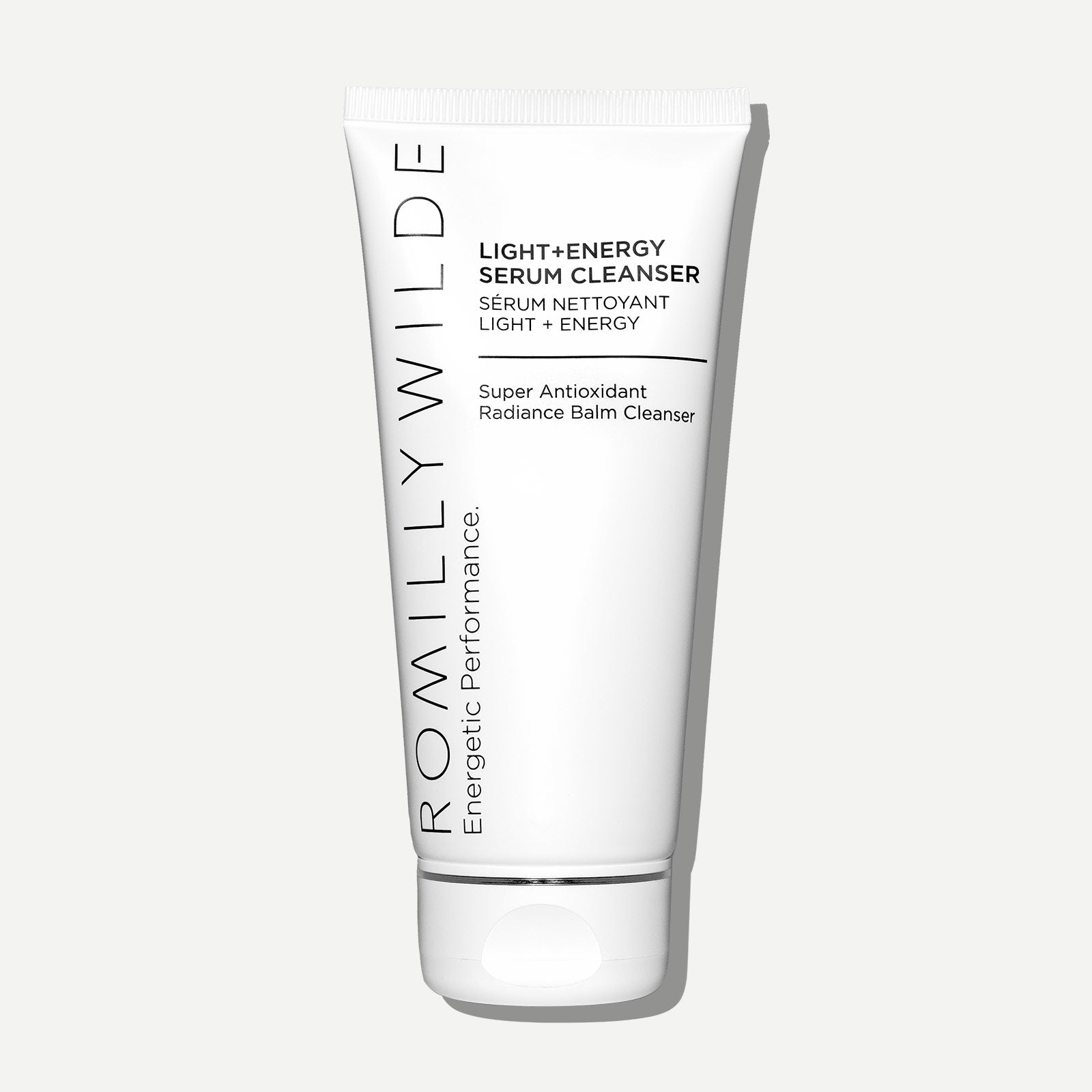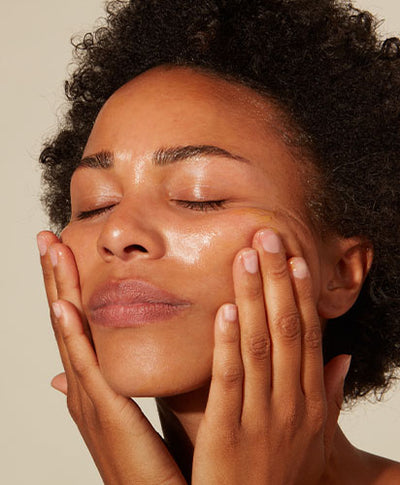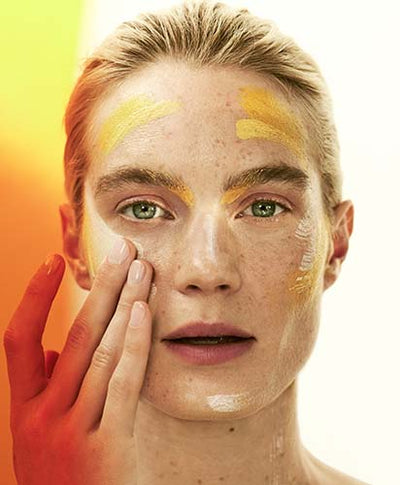Sold Out

Light + Energy Serum Cleanser
£15.00
WORTH £45.00
Searching...

By Susie Willis
Two months ago, we ran a skincare survey among our Romilly Wilde customers. Thank you to everyone who joined in – we had a huge response. Three key skin concerns came out of the survey.

We spoke to our Head of NPD and Cosmetic Scientist, Mateja Weber to get her advice. She has written the below which explains the science behind these skin concerns, and her top tips on how to address them.

As we age, we develop ‘dynamic lines’ (i.e. lines caused by repeated movement of mimic muscles such as frown lines and crow’s feet) and ‘static lines’ (i.e. lines which develop independent of mimic movement such as the nose-to-mouth lines).
Wrinkles fall into two categories:
Fine lines: These fine, surface lines develop due to irregular skin thickening, and because of a decrease in the amount of moisture held in the skin. Sun damage and exposure to environmental stressors are the main causes.
Furrows: Deeper lines or furrows can be classified as dynamic or static. Dynamic face lines appear with movement, e.g. from muscle activity, while static lines are unchanged with muscle movement. Dynamic lines will eventually become static.
The substances that keep our skin smooth and firm, such as Collagen, Elastin, Hyaluronic Acid and Ceramides begin to deteriorate as we get older and wrinkles tend to become visible in certain areas first, often those that are most often exposed to the sun, like the face, neck, hands and forearms. Some of ageing’s influencing factors are natural and inevitable, but some are largely environmental and can be controlled.

Skin elasticity is all about how structured and supported your skin is, and how well it returns and bounces back to its natural placement after being stretched, such as when you wash your face or laugh.
Our skin is made up of three layers: The epidermis (the outer layer), the dermis (the middle layer) and the subcutaneous layer (the innermost layer).
The dermis contains two kind of key proteins – Collagen and Elastin. These proteins are found in the skin’s connective tissues and are responsible for its elasticity and making skin strong and resilient.
As skin loses its elasticity it starts to wrinkle and sag.

The underlying cause for dry skin can be an insufficient production of natural lipids (oils) and/or water-holding substances (e.g. Natural Moisturising Factor aka NMF) in our skin. The consequence of that is that our skin can’t hold on to its natural water content sufficiently and loses too much water via (invisible) evaporation. This process is also called TEWL, transepidermal water loss.
The term ‘dehydrated skin’ is used to describe a more extrinsically caused reduction of water content in the skin (e.g. dehydration of the skin caused by over cleansing or over exfoliating); while ‘dry skin’ may be used to describe a genetic predisposition for dry skin. However, the endpoint in each case is a reduction in the water content in the skin (that’s what gives that uncomfortable feeling of dry/dehydrated skin).
Symptoms of dry/dehydrated skin may include a tight uncomfortable feeling, as well as a rough and/or flaky appearance. When the skin becomes very dry/dehydrated, it can flareup, become red and inflamed and feel itchy and sensitive.



Skin type and skin condition is often a confusing differentiation for people, especially when it comes to skin that is dry and/or dehydrated.

The ultimate overnight ‘bio-retinol’ treatment which increases retained hydration and triggers Collagen production for deep, cellular repair. Ou...